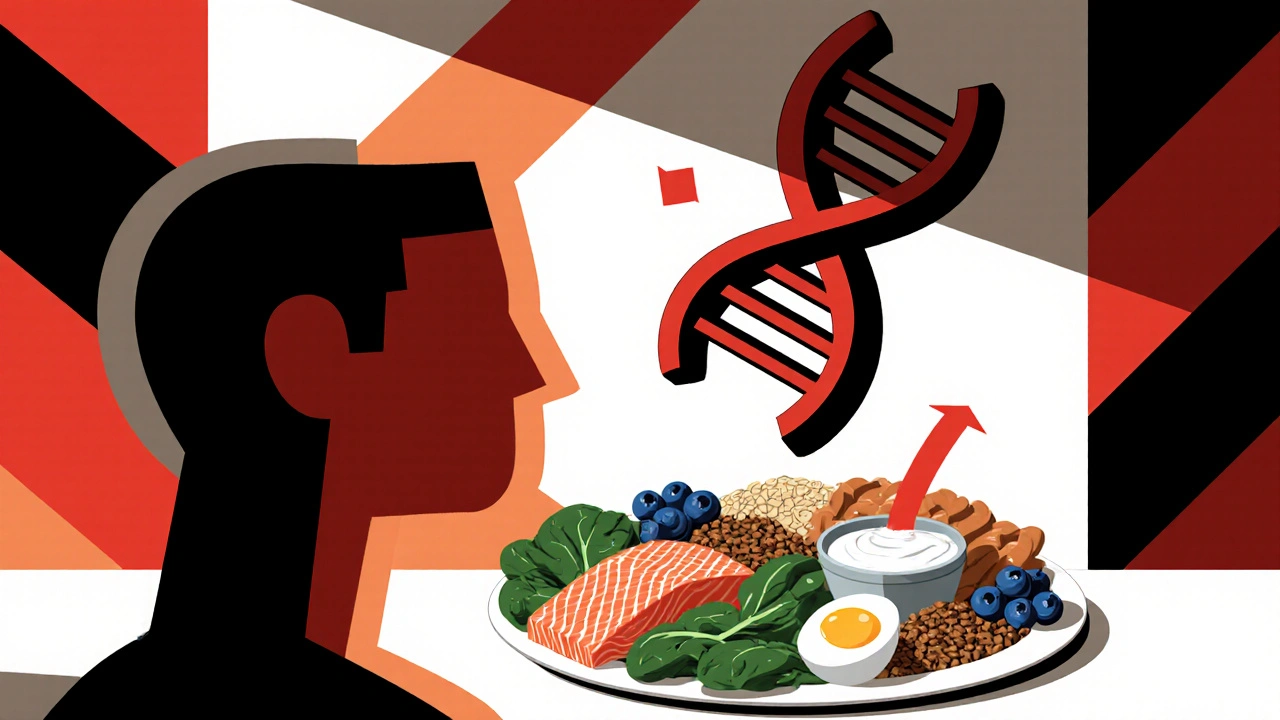Leukemia Diet: What to Eat and Avoid for Better Support
When you’re dealing with leukemia, a type of blood cancer that affects white blood cells and the bone marrow. Also known as blood cancer, it disrupts normal cell production and weakens the immune system. That’s why your diet isn’t just about feeling full—it’s about giving your body the tools it needs to fight back. A well-planned leukemia diet doesn’t cure the disease, but it can help reduce side effects, lower infection risk, and keep your energy up during treatment.
People with leukemia often face nausea, mouth sores, loss of appetite, and low blood counts. These aren’t just inconveniences—they make it harder to get the nutrients your body needs to repair itself. That’s where immune support foods, nutrient-dense options that help strengthen the body’s natural defenses come in. Foods like cooked vegetables, lean proteins (chicken, eggs, tofu), and well-washed fruits give you vitamins and antioxidants without risking contamination. On the flip side, raw sprouts, undercooked meat, unpasteurized cheese, and unwashed produce can carry harmful bacteria. Your immune system is already compromised, so avoiding these is non-negotiable.
Chemotherapy and radiation can wreck your gut. That’s why chemotherapy diet, a tailored eating plan designed to reduce side effects and maintain strength during cancer treatment focuses on small, frequent meals that are easy to digest. Bland foods like rice, bananas, and toast often work better than spicy or greasy options. Staying hydrated is just as important—water, clear broths, and electrolyte drinks help flush toxins and prevent dehydration. Some patients find that ginger tea or peppermint helps with nausea, while others benefit from protein shakes if solid food feels overwhelming.
It’s not about perfection. It’s about consistency. You don’t need to eat superfoods every day. You need reliable, safe nutrition that keeps you going. Many people with leukemia also struggle with low white blood cell counts, which means even a small infection can become serious. That’s why food safety matters more than ever. Wash your hands before eating. Clean surfaces often. Cook meat until it’s no longer pink. These aren’t just tips—they’re survival steps.
There’s no one-size-fits-all plan. What works for one person might not work for another. But the goal is always the same: protect your body, support your treatment, and give yourself the best chance to recover. Below, you’ll find real, practical advice from people who’ve been there—what they ate, what they avoided, and what actually made a difference during treatment.

Chromosome-Positive Lymphoblastic Leukemia: Essential Nutrition Tips
Practical nutrition advice for chromosome‑positive lymphoblastic leukemia patients, covering essential nutrients, safe foods, sample meals, supplements, and lifestyle tips.
read more




